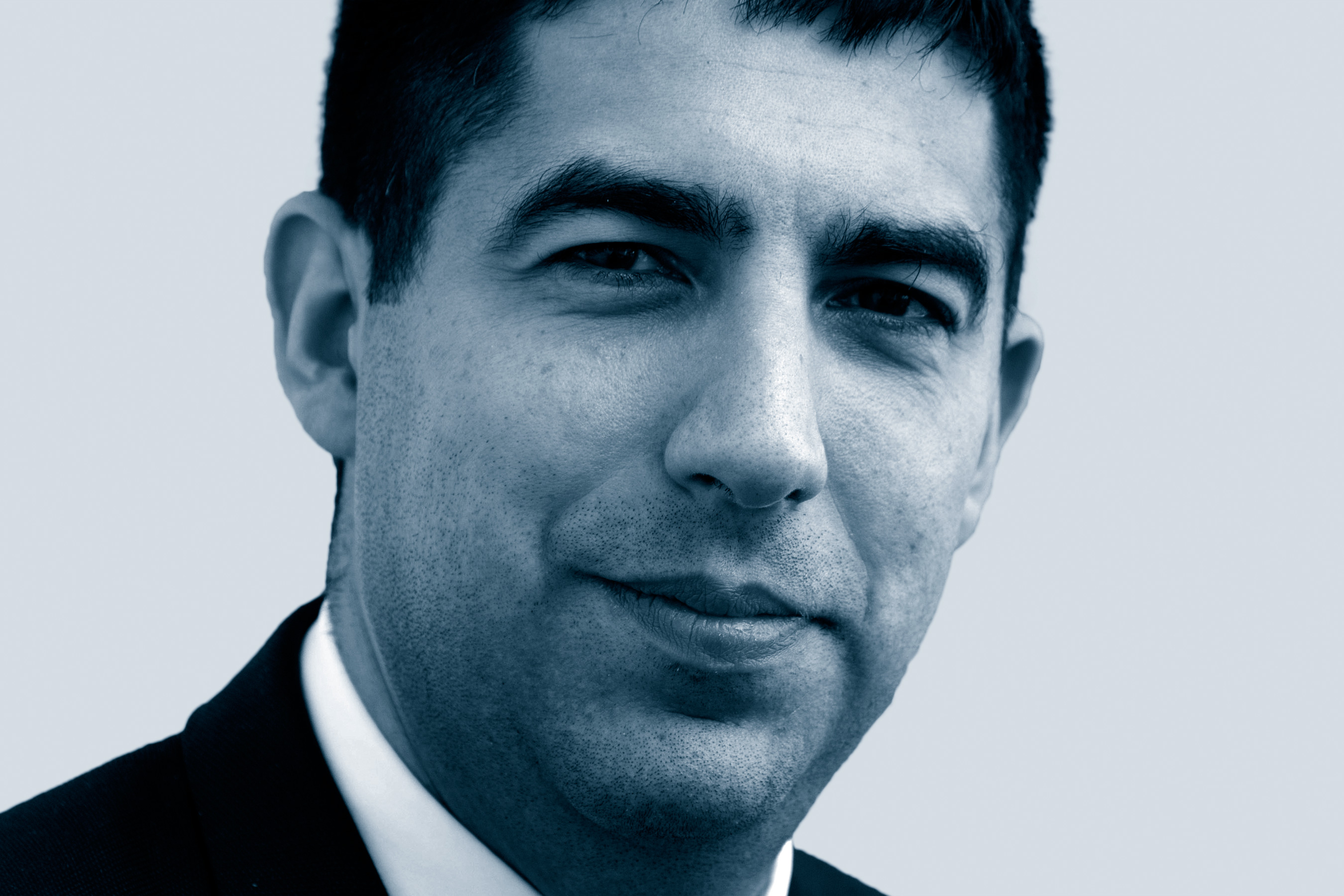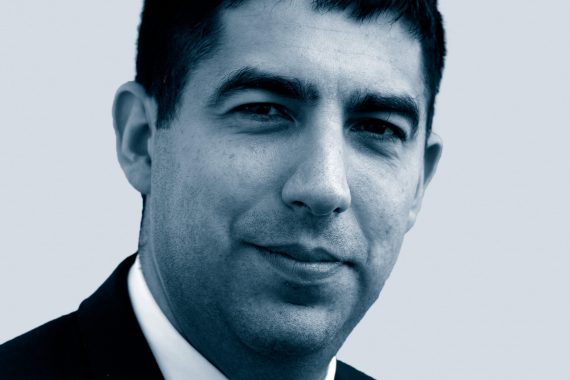
As you can’t have failed to notice, the NHS published its long-term plan last week. The headlines focused on cancer treatment, digital solutions, alcohol care testing, etc.
But the changes to primary care were perhaps the most radical. It was revealed as part of the plan that the new GP contract will ‘mandate’ practices to join networks. We will have to wait until next month for the GP contract for full details.
It is no secret that the Government and NHS England have been pushing for practices to join networks in a bid for practices to offer more of the services currently offered by GPs. But the news that this will now be a contractual measure takes it on to the new level.
Unfortunately, I cannot explain how this will work. But I certainly have questions. Like whether practices will be forced to join networks (despite the Government’s protestations they won’t) or if ‘mandated’ just means they will be missing out on vast tranches of funding if they don’t. Or what this means for existing federations that might not fit into the contractual definition of a network.
We still don’t know where the GPs will come from to carry out these plans
Or – most importantly – what it means for those practices whose circumstances beyond their control prohibits them from joining what the new contract defines as a network.
As I argued in my January editorial, the fact is that there is little strong evidence that large scale practice does improve care. And with little announced on recruitment, we still don’t know where the GPs will come from to carry out these plans.
The £4.5bn (£1bn more than what was expected) is certainly welcome, and should be an opportunity for GPs. But without an understanding about how it will reach grassroots practices, we need to reserve judgement for now.
Jaimie Kaffash is Editor of Pulse. You can follow him on Twitter @jkaffash
Pulse October survey
Take our July 2025 survey to potentially win £1.000 worth of tokens













